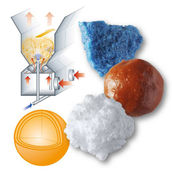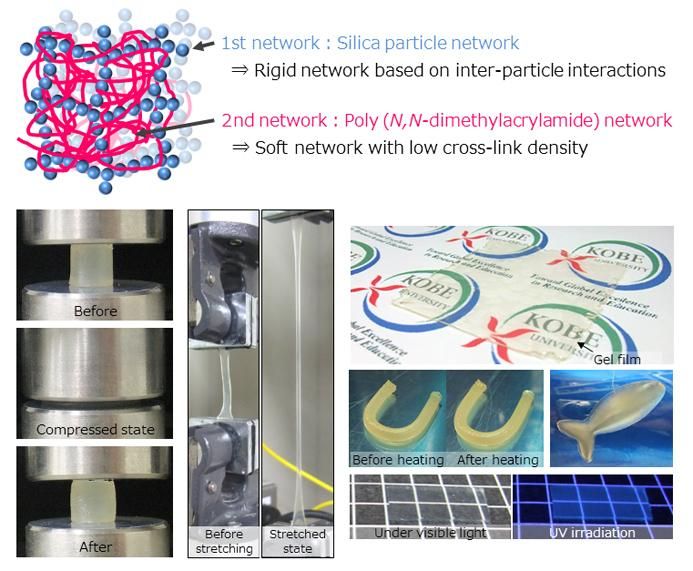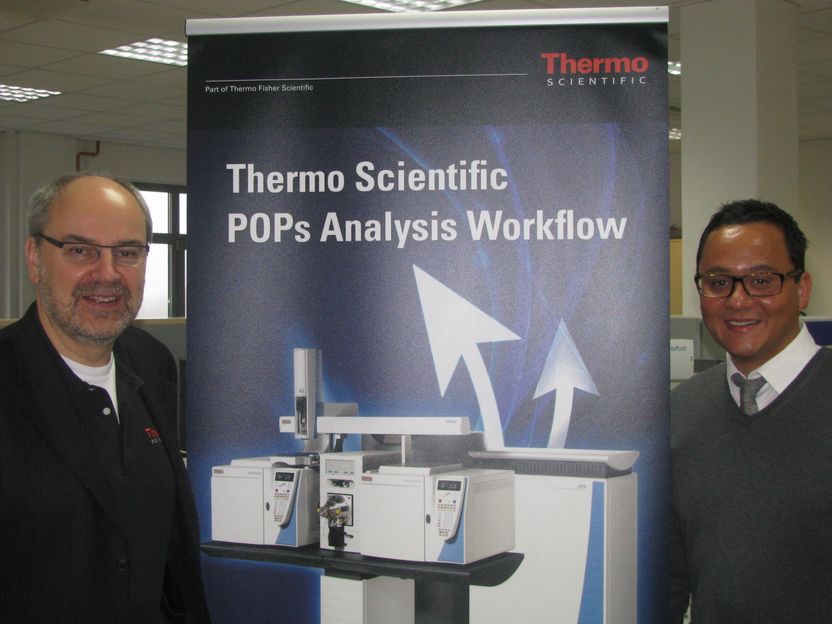Deep learning, prefabricated
Self-driving cars, the automatic detection of cancer cells, online translation: deep learning makes it all possible. The ETH spin-off Mirage Technologies has developed a deep learning platform that aims to help start-ups and companies more quickly develop and optimise their products.
The name has a fairytale feel to it, with its reference to mirages and the suggestion of illusion. The idea behind the name: “Anything you see in the virtual world might not be real.” That’s what ETH electrical engineering graduate Igor Susmelj (27) says, referring to manipulated images or videos on social networks and platforms such as YouTube that are sold to us as disconcertingly genuine-looking realities.
His mission to clear up what exactly is real was a key part of how his start-up began. During the HackZurich programming competition in 2018, Susmelj and three fellow students presented a web application for detecting fake videos. “Deepbusters” went on to receive first prize. This seemed to pave their way to independence for the group – they travelled through the US and met with a great deal of interest there, including from the media. However, it quickly became apparent that this kind of platform was not going to make much money. So they adjusted their business model.
Pre-programmed AI modules
With his Deepbusters colleague Heiki Riesenkampf, an ETH computer scientist, Susmelj founded the start-up Mirage Technologies in September 2018. It is based on the same expertise in machine learning that they demonstrated with Deepbusters. Mirage promises new deep learning models that are easy to use. The ETH spin-off provides developers with pre-programmed and trained “rockets” – computer scientists call these models. Models are divided into families, each of which can be used for specific issues such as object recognition or the super resolution of images, a method to enlarge low-resolution images.
The rockets provided by Mirage were trained using thousands of images, but are also capable of further learning. If no model for a specific task exists, Mirage can use transfer learning to feed it with additional data. “As we don’t have to train our model from scratch, we need much less data,” explains Susmelj. Users can then set off their Mirage rockets on various devices using two lines of code in their preferred programming language.
Why major companies are ahead of the curve
Igor Susmelj and Heiki Riesenkampf are technological development workers. With their product, they enable low-threshold access to deep learning methods without having to rely on tech giants such as Google or Microsoft. These companies have an enormous advantage when it comes to deep learning – they have long been processing huge amounts of data that they can use to train their models. For complex applications such as the development of driverless cars, millions of images and thousands of hours of video are required. Deep learning also demands a high level of computing power, because the parameters often have to be trained over several days. Mirage uses open-source data and research platforms for its models.
A platform for pioneers
The two young entrepreneurs have already invested a lot of time, money and energy into Mirage – but have not yet earned anything. They have both kept afloat with a variety of jobs, which has been working well: “In the software field, you don’t need a lot of infrastructure or to be in a particular place,” says Susmelj, who comes from Lucerne. They are also able to use ETH’s community working spaces for start-ups and spin-offs at favourable conditions, though Susmelj finds the network he has developed thanks to ETH more important. “It is extremely helpful,” he says.
Of course, he next wants to move beyond this “student mode” and earn money for his work. Mirage is currently relying on companies’ interest in experimentation: “Many companies want to try out new technologies,” he says. The basic features are currently available free of charge on the platform. In this way, Mirage aims to develop a customer base that will raise awareness of the solution and then later be willing to pay for new products and services.
Other news from the department business & finance
These products might interest you
 New
New
Data Management Platform by LabV Intelligent Solutions
Turn data into better products
Maximum efficiency in the laboratory with LabV’s AI-powered data management platform

ALPHA II by Bruker
Chemical analysis made easy: compact FT-IR system
Increase the efficiency of your routine analyses with user-friendly technology

Tailor-made products for specific applications by IPC Process Center
Granulates and pellets - we develop and manufacture the perfect solution for you
Agglomeration of powders, pelletising of powders and fluids, coating with melts and polymers

Get the chemical industry in your inbox
By submitting this form you agree that LUMITOS AG will send you the newsletter(s) selected above by email. Your data will not be passed on to third parties. Your data will be stored and processed in accordance with our data protection regulations. LUMITOS may contact you by email for the purpose of advertising or market and opinion surveys. You can revoke your consent at any time without giving reasons to LUMITOS AG, Ernst-Augustin-Str. 2, 12489 Berlin, Germany or by e-mail at revoke@lumitos.com with effect for the future. In addition, each email contains a link to unsubscribe from the corresponding newsletter.
Most read news
More news from our other portals
Something is happening in the chemical industry ...
This is what true pioneering spirit looks like: Plenty of innovative start-ups are bringing fresh ideas, lifeblood and entrepreneurial spirit to change tomorrow's world for the better. Immerse yourself in the world of these young companies and take the opportunity to get in touch with the founders.
Last viewed contents

Researchers harvest electricity from wood soaking in water - "The great advantage of this technology is that the wood can readily be used for other purposes once it’s depleted as an energy source"
Hints from hemoglobin lead to better carbon monoxide storage

A gel that does not break or dry out
Scaring off Mosquitoes - Total synthesis of gaur acid reveals the spatial structure of this proposed yellow-fever mosquito repellant
Tecan appoints Martin Brusdeilins as Chief Scientific Officer and Member of the Group Management Board
New Informational CD-ROM from SPECTRO: X-Ray- Fluorescence Technologies and Applications in Petrochemistry

Thermo Fisher Scientific Opens POPs Center of Excellence for Food Safety and Environmental Analysis


























































